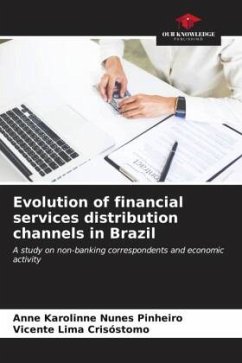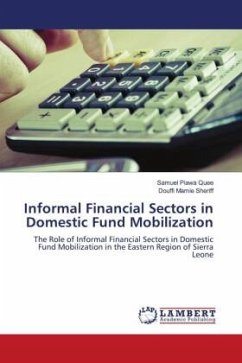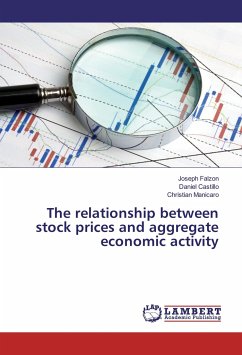Research has been devoted to the relationship between financial system activity and economic activity in different markets, including Brazil. There are arguments in favour of this relationship in both directions. Brazil has a strong tradition of financing productive activity through the banking system. Despite the progress made by the Brazilian economy in recent years and the strengthening of the capital market since the 1990s, the financing of Brazilian companies is still heavily based on the banking system. This paper studies the evolution of the Brazilian financial system, with an emphasis on the current strengthening of Financial Services Distribution Channels (FSDC), specifically the Non-Bank Correspondent segment. Combining the study of the financial system with the propositions that financial activity is capable of stimulating economic activity, this study aims to analyse the evolution and performance of Non-Banking Correspondents (a type of CDSF) and their possible capacity to stimulate economic development since they act in the intermediation of financial services and the granting of consumer credit.
Bitte wählen Sie Ihr Anliegen aus.
Rechnungen
Retourenschein anfordern
Bestellstatus
Storno








